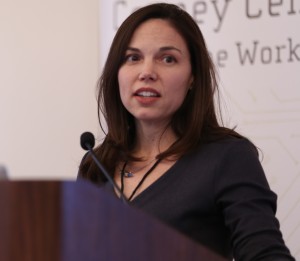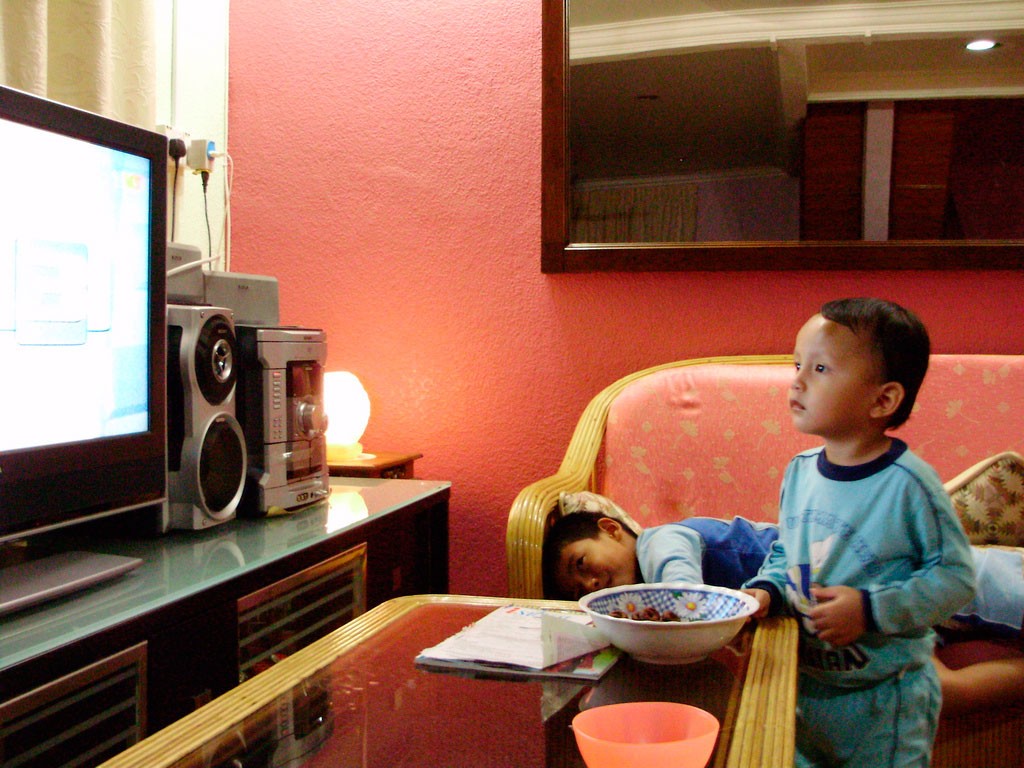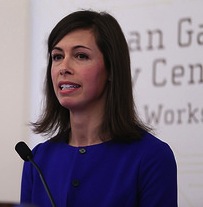Lisa Guernsey, Director of the Early Education Initiative at the New America Foundation, moderated the “Maximizing Impact” discussion at the Learning at Home Forum in New York on January 24. Her commentary on the report appears on Slate.com; an excerpt appears here with permission.
 Any self-respecting skeptic has to be careful with the word educational. Thousands of games in the iTunes App Store describe themselves as “educational,” but are they? On TV, preschool shows declare that it’s “learning time,” but is it? Given the marketing hype, it can be pretty hard to write about an educational anything without using quotation marks.
Any self-respecting skeptic has to be careful with the word educational. Thousands of games in the iTunes App Store describe themselves as “educational,” but are they? On TV, preschool shows declare that it’s “learning time,” but is it? Given the marketing hype, it can be pretty hard to write about an educational anything without using quotation marks.
New survey results released Friday don’t necessarily solve the problem, but they do take the marketers out of it. Instead, parents are in charge of the labeling. The survey, Learning at Home: Families’ Educational Media Use in America, asked more than 1,500 parents of children 2 to 10 years old to disclose details about digital media and TV use in their households. Many questions centered on whether media helped their children learn. One section, for example, asked parents to consider media products such as DVDs, online videos, or games and focus on those “that teach some type of lesson, such as an academic or social skill, or are good for a child’s learning or growth.”
The results show parents are no dummies (as a mother myself, that’s a reassuring discovery), but they also raise questions about how to up our game, especially when it comes to the apps that are attracting so much of our offspring’s attention.
Read the rest of the article on Slate.com.
This excerpt appears courtesy of Future Tense, a partnership of Slate, New America, and Arizona State University.




